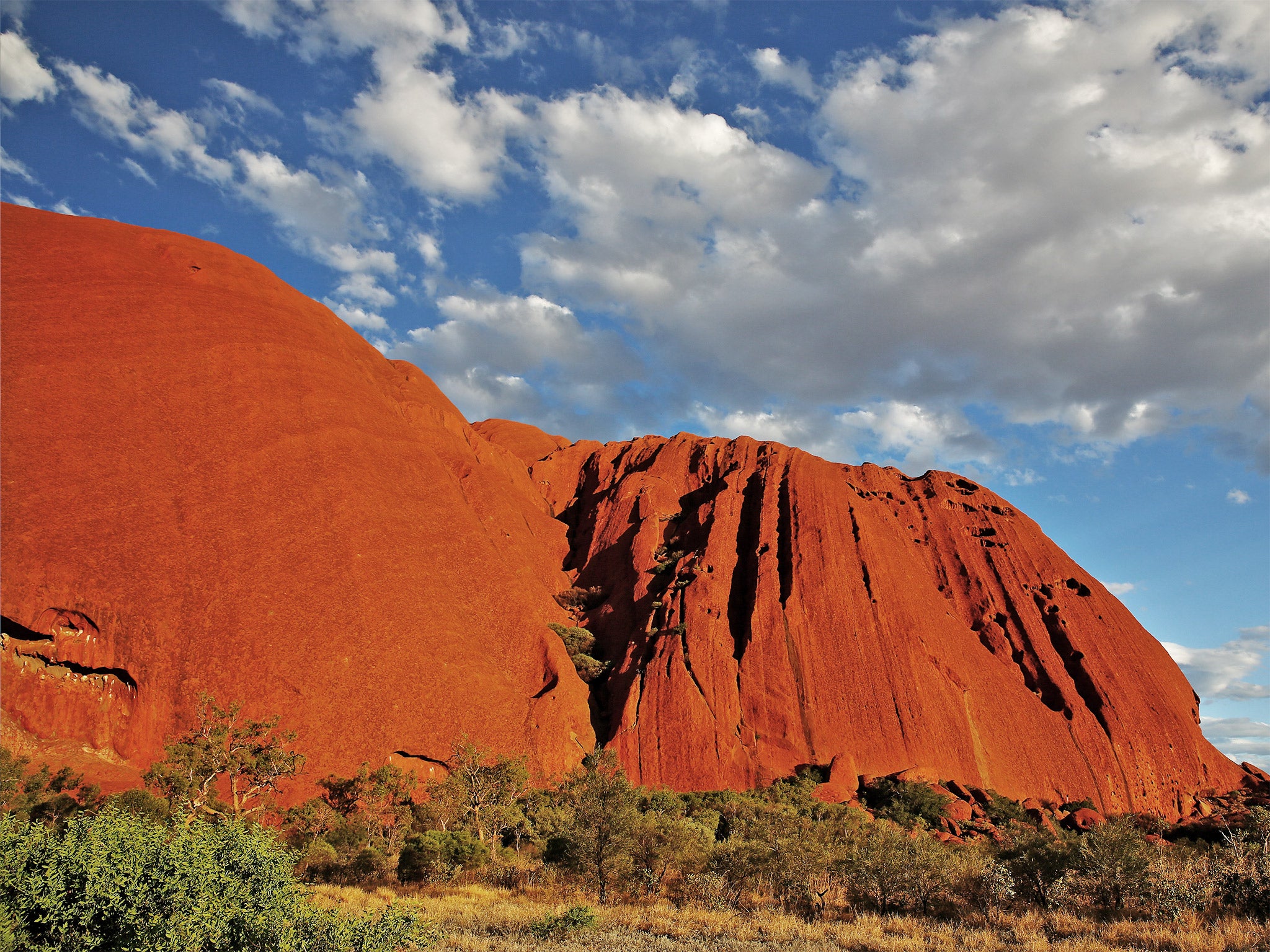Australia asks Google to take down pictures allowing users to ‘walk’ on Uluru
Sacred indigenous site closed to the public in 2019

Australian officials have asked Google to remove images of the summit of Uluru from its Maps feature, which allows users to simulate “walking” atop the rock.
Parks Australia asked the search engine to take down the pictures, arguing they defy the ban on climbing Uluru, which was finally closed to the public in 2019 after decades of campaigning.
The rock’s original owners, the Anangu people, have been demanding Uluru be closed to hikers since 1985, as it is a site of sacred significance for indigenous Australians.
“Parks Australia...requested that the content be removed in accordance with the wishes of Anangu, Uluru’s traditional owners, and the national park’s guidelines,” a spokesperson told Reuters.
Since the request, Google says it has removed the photographs in question.
A Google spokesperson told the Australian Broadcasting Corporation (ABC): “As soon as Parks Australia raised their concerns about this user contribution, we removed the imagery.”
In October last year, tourists were filmed queuing in their hundreds for a last chance to ascend Uluru before the climbing ban came into effect on 26 October 2019.
Journalist Oliver Gordon tweeted a video of the line of people waiting to make their way up the iconic rock.
“One day out from Uluru climb closure, this is the line at 7am,” he wrote to accompany the clip, which showed a several hundred-strong queue at the rock’s base.
The visitors clearly chose to ignore the sign at Uluru’s base, which read: “We, the traditional Anangu owners, have this to say. Uluru is sacred in our culture, a place of great knowledge. Under our traditional law, climbing is not permitted. This is our home. Please don’t climb.”

Join our commenting forum
Join thought-provoking conversations, follow other Independent readers and see their replies
Comments